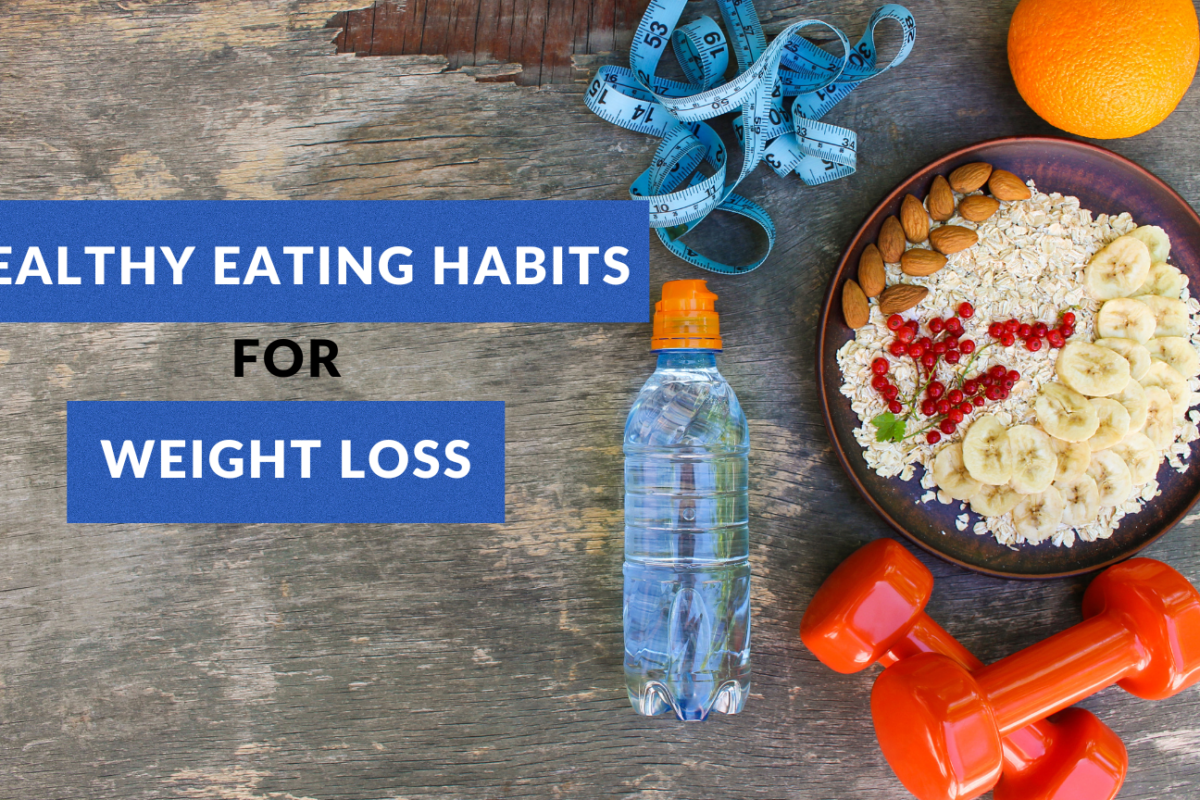The topic of body positivity has gained much importance in recent years. The idea of body positivity suggests that people should have a positive image regarding their body irrespective of what the society perceives as ideal body shape or size. This idea promotes acceptance and self love, it challenges the unrealistic standards of beauty created by the media. Weight loss is pursued for improving self esteem, health reasons and increasing mobility. But it is seen at times that weight loss is portrayed in a light that it can seem to undermine body positivity. The question now is that can these two ideas coexist? Yes, you lose weight while still remaining body positive by not resorting to unhealthy diets and un realistic approaches to weight loss. Here is how,
Focusing On Health, Not Size
Instead of focusing on achieving a specific body weight and size, divert your attention on attaining a healthy body. One should focus on their well being while taking a nourishing diet and being physically active, this will make you feel good about yourself. By following this approach it will help you feel good about yourself, while practising self care.

Challenging Internal Beliefs
Unlearning the toxic internal beliefs is one of the significant steps for attaining a healthy body image. It should be recognized that beauty and worthiness is in diversity. Channel healthy ideas and remember that your worth is not determined by the number seen on the weight scale. Avoid self depreciation and negative self talk, adopt the ideas of having a healthy body instead of a thinner one.
Setting Realistic Goals
Set goals that are achievable rather than unrealistic ones. Setting goals that align with health objectives rather than the goals that align with the society’s standards of the perfect body. It will help you focus on maintaining a positive image of yourself. Every little progress should be celebrated like improved stamina, increased strength and better sleep, without just focusing on the pounds of weight you have lost.
Practising Self Compassion
Remember setbacks are natural in a weight loss journey so it is important to maintain a healthy positive mindset. Keep in mind that losing weight is not a linear process, it has its ups and downs. Speak to yourself in a way how you would talk to a loved one, with kindness. Surround yourself with supportive people like friends and family who do not impose unrealistic expectations on you and respect you.

Challenging Media Influences
Being critical of the ideas that perpetuate narrow minded standards of beauty is important as media, magazines and advertisements can often promote unrealistic body image and harmful diet cultures. Seek out diverse representations that promote inclusivity and acceptance of the body.
It is important to remember that body positivity does not disregard personal goals or health objectives. It is about fostering a positive relationship with your body. Weight loss can be a part of your journey if it aligns with your well being and is practised in a sustainable manner. In short the intersection of body positivity and weight loss is a holistic approach to self care. It prioritises emotional as well as physical well being.




